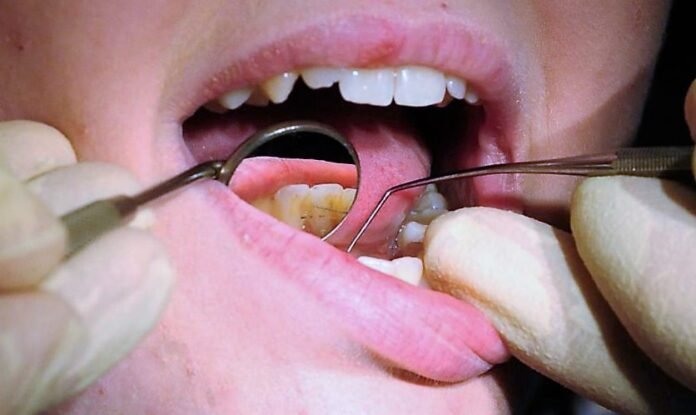An Overview of the BDA Report
The British Dental Association (BDA) recently released a report that sheds light on the distressing state of dental health among children attending state schools in Brighton and Hove. The report found that a significant number of children suffer from severe dental problems, with enamel decay or more serious decay to the layer of dentine beneath the enamel being a common occurrence. During the 2021-2022 academic year, 305 five-year-olds were examined in mainstream schools, and shockingly, one in ten children had these serious dental issues.
The Government’s Inaction and Criticism from BDA Chairman
BDA Chairman Eddie Crouch criticized the government’s lack of action in addressing the link between deprivation and tooth decay. He emphasized the need to provide access to basic care, roll out tried and tested programs in schools, or fluoridate water to address this issue. The government has been under fire for failing to address this pressing issue, and this report adds to the growing calls for them to take action.
The Impact of Dental Hygiene on Children’s Future
David Fothergill, Chairman of the Local Government Association’s community wellbeing board, highlighted the significant impact of dental hygiene on a child’s future. He stated that untreated dental conditions affect children’s ability to speak, eat, play, and socialize. These consequences have far-reaching impacts on a child’s development and can have serious long-term effects.
The Complexities of Dental Decay and Inequalities
The BDA report highlights that dental decay is related to the frequent exposure of teeth to fermentable carbohydrates, most commonly through eating and drinking sugary snacks and drinks. Despite some progress in reducing inequalities in those with tooth decay between 2008 and 2015, there have been no further reductions since then. The causes of tooth decay and the inequalities that contribute to it are complex and require multi-faceted solutions.
The Government’s Response to the Issue
In response to the report, a Department of Health and Social Care spokesman stated that the government is taking action to provide cost-of-living support, as they know that tooth decay is often linked to deprivation. The government has also committed to investing more than £3 billion in NHS dentistry, and the number of children seen by NHS dentists increased by 43.6% in the last year. However, many believe that more needs to be done to address this pressing issue.
Conclusion
The BDA report highlights the severity of tooth decay among young children in Brighton and Hove state schools. Urgent action is needed to address this issue by providing access to basic care, implementing programs in schools, or fluoridating water. The government needs to commit to vital measures to combat childhood obesity and diet-related ill health, such as the sugar levy, to reduce the consumption of drinks with high sugar content. It’s time to take the issue of dental health seriously and prioritize the health and wellbeing of our children.











